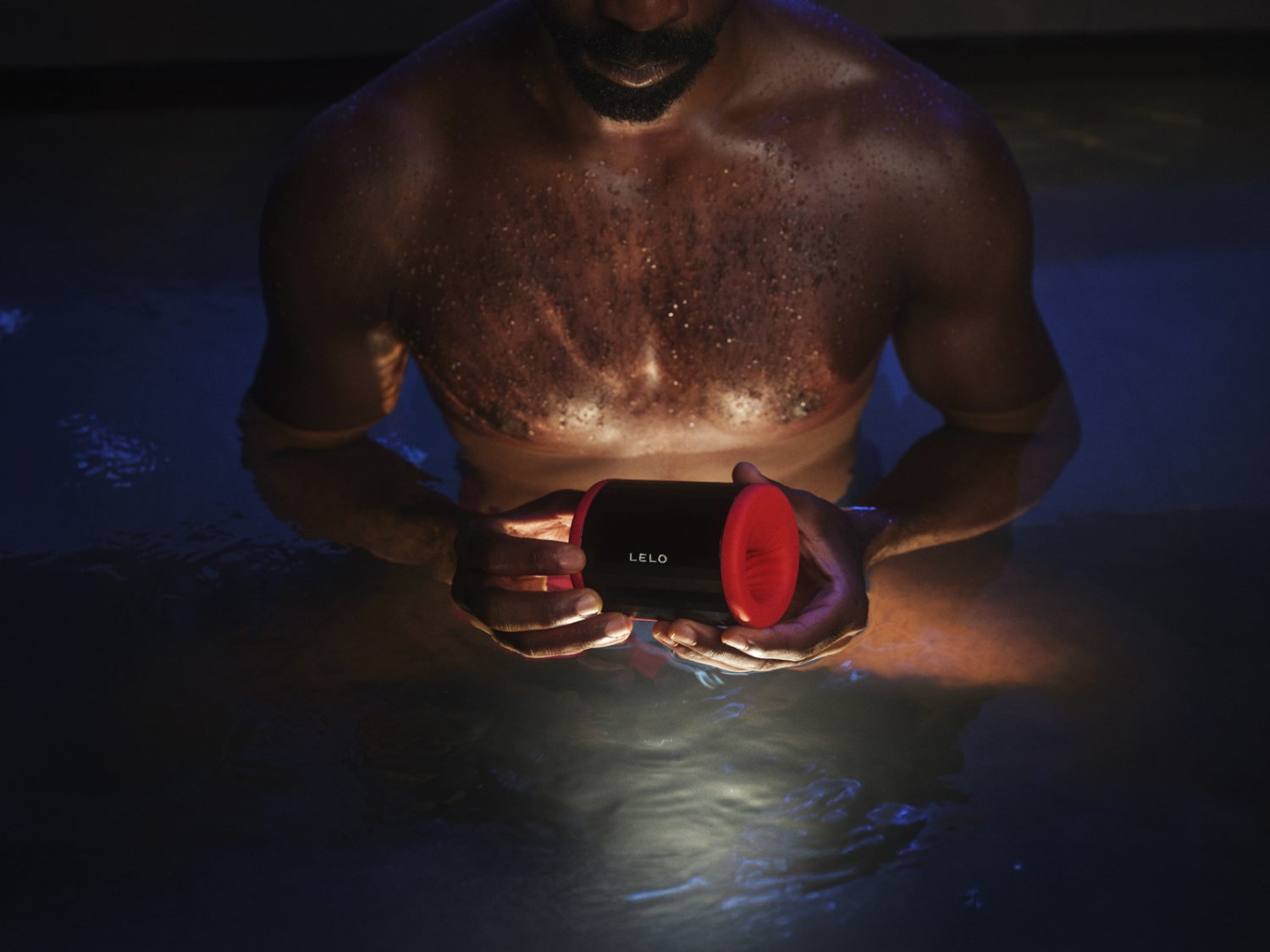While sex is often seen as a way to relax and connect, anxiety can create roadblocks—from decreased desire to difficulty reaching orgasm. But here’s the good news: with the right tools and mindset, you can overcome these challenges and rediscover pleasure. Let’s dive into how anxiety shows up in the bedroom and, more importantly, what you can do about it.
1.) Trouble Staying Present
Anxiety often pulls you out of the moment, making it hard to enjoy physical sensations or connect with your partner. Racing thoughts or worries about performance can take you completely out of the experience.
Solution: Mindfulness exercises can be a game-changer. Try grounding techniques, like focusing on your breathing or noticing the sensations in your body. Practicing these skills outside the bedroom can make it easier to stay present during intimacy.
2.) Low Libido
Anxiety can flood your body with stress hormones like cortisol, leaving you too tense or preoccupied to feel desire. When your brain is stuck in survival mode, sex might fall to the bottom of your priority list.
Solution: Prioritize stress-reducing activities, like yoga or deep breathing exercises, to help bring your body out of fight-or-flight mode. Supplements like Just Thrive’s Just Calm can also support a calmer mood by lowering cortisol levels and promoting optimal brain function. With a balanced mind, you’ll find it easier to tap into your natural libido.
3.) Difficulty Communicating
When anxiety strikes, expressing your needs or desires to your partner can feel daunting. This lack of communication can lead to misunderstandings or unmet needs in your relationship.
Solution: Start small by sharing how you’re feeling outside of the bedroom. Use “I” statements to express your experience, like “I’ve been feeling really stressed lately, and it’s affecting my mood.” Creating a safe space for open dialogue will strengthen your emotional and sexual connection.
4.) Physical Symptoms
Anxiety can manifest physically, causing tension, headaches, or even sexual dysfunction, like erectile difficulties or vaginal dryness. These symptoms can make intimacy feel more like a chore than a source of joy.
Solution: Focus on relaxation rituals before intimacy. This could mean taking a warm bath, having a glass of wine, or trying progressive muscle relaxation. If physical symptoms persist, consult a healthcare provider for targeted solutions.
5.) Performance Pressure
Worries about pleasing your partner or meeting expectations can create a vicious cycle of anxiety and sexual dissatisfaction. This often leads to avoidance behaviors that worsen the problem over time.
Solution: Shift your mindset from “performance” to “exploration.” Reframe intimacy as an opportunity to connect, not achieve. Practices like sensate focus, where you focus on non-goal-oriented touch, can help reduce pressure and increase pleasure.
With the right mindset and tools, you can quiet the worry, nurture connection, and welcome pleasure back into your life—because life is stressful enough; your sex life doesn’t have to be.











